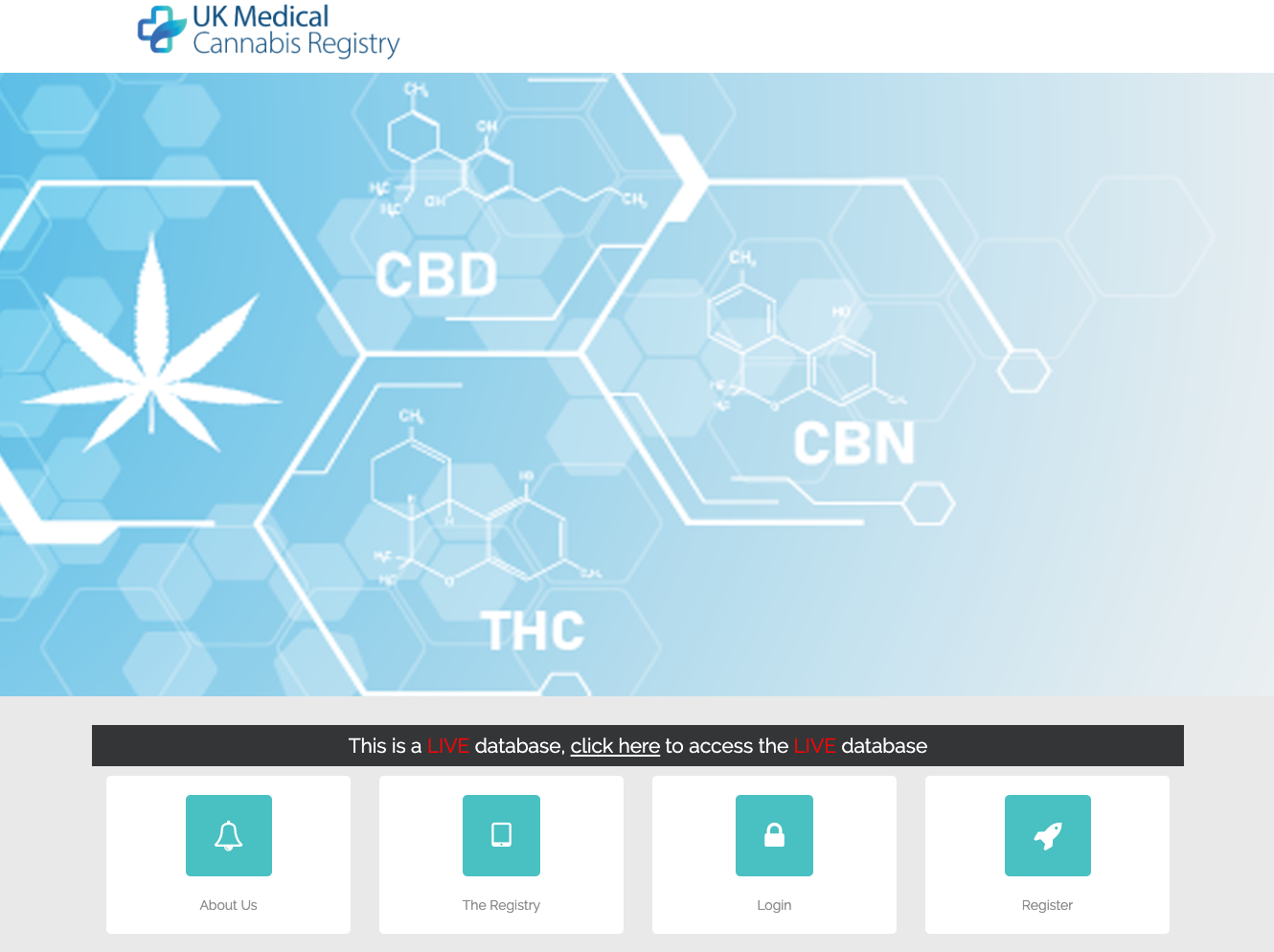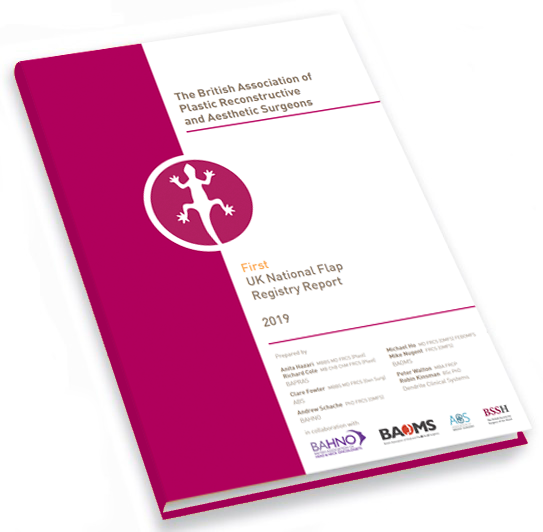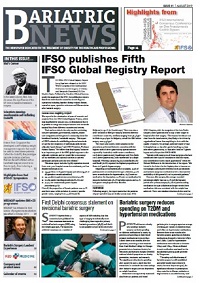
An international team of scientists are investigating a possible curious bi-directional relationship between COVID-19 and diabetes. The researchers, who are part of the CoviDiab project, have hypothesised that the SARS-CoV-2 infection maybe be triggering the onset of diabetes, and they have established a global registry to track occurrence of events and are calling for doctors around the world to contribute reports of cases of new-onset diabetes associated with COVID-19.
The CoviDiab registry is utilising Dendrite Clinical Systems’ innovative “Intellect Web” software to collect new cases of diabetes in patients with COVID-19 to understand the extent and the characteristics of the manifestations of diabetes in patients with COVID-19, and the best strategies for the treatment and monitoring of affected patients, during and after the pandemic. Since the CoviDiab registry was launched a small but growing body of evidence suggests a relationship between new-onset diabetes and COVID-19.
“Over the last few months, we’ve seen more cases of patients that had either developed diabetes during the Covid-19 experience, or shortly after that,” Rubino recently told The Guardian. “We are now starting to think the link is probably true – there is an ability of the virus to cause a malfunctioning of sugar metabolism.”
Despite an association between newly diagnosed diabetes and COVID-19, questions remain regarding causation remain.
It is known SARS-Cov-2 binds to ACE-2 receptors, which are expressed in several key metabolic organs and tissues including the pancreatic β-cells, adipose tissue, small intestine, liver and kidney, CoviDiab researchers stated. Therefore, it is plausible that SARS-Cov-2 could cause multiple co-existing alterations of glucose metabolism that can complicate the pathophysiology of pre-existing diabetes or lead to new mechanisms of disease.
The goal of the registry is to establish the extent and phenotype of new-onset diabetes that is defined by hyperglycaemia, confirmed Covid-19, a negative history of diabetes, and a history of a normal glycated haemoglobin level. The registry, which will be expanded to include patients with pre-existing diabetes who present with severe acute metabolic disturbance, may also be used to investigate the epidemiologic features and pathogenesis of Covid-19–related diabetes and to gain clues regarding appropriate care for patients during and after the course of Covid-19.
The researchers indicated they plan to begin a preliminary analysis once the registry reaches 200 case reports.
To read additional news articles reporting on the CoviDiab project, please see:
For more information on the CoviDiab project, please click here
 Sapphire Medical Clinics and Dendrite Clinical Systems have launched the UK Medical Cannabis Registry, an initiative that is designed to rapidly expand the evidence base for medical cannabis in the UK and decrease the cost of access for patients. The launch will collect and analyse clinical information on patients taking medical cannabis treatments for all recognised eligible conditions.
Sapphire Medical Clinics and Dendrite Clinical Systems have launched the UK Medical Cannabis Registry, an initiative that is designed to rapidly expand the evidence base for medical cannabis in the UK and decrease the cost of access for patients. The launch will collect and analyse clinical information on patients taking medical cannabis treatments for all recognised eligible conditions. “I am very pleased to report that demand for the Dendrite Web-Registry platform has reached an all-time high” Dr Peter Walton, Managing Director of Dendrite Clinical System. “We’re receiving new orders for new national and international registries every few days now – for surgical registries, medical registries, rare disease registries, medical device registries and Coronavirus Registries (for a range of Community, National, International and Global Covid-19 Registries).”
“I am very pleased to report that demand for the Dendrite Web-Registry platform has reached an all-time high” Dr Peter Walton, Managing Director of Dendrite Clinical System. “We’re receiving new orders for new national and international registries every few days now – for surgical registries, medical registries, rare disease registries, medical device registries and Coronavirus Registries (for a range of Community, National, International and Global Covid-19 Registries).” Sapphire Medical Clinics and Dendrite Clinical Systems have established the UK’s first national UK’s first comprehensive medical cannabis patient registry - UK Medical Cannabis Registry. The UK Medical Cannabis Registry will be the first of its kind covering all conditions for which there is evidence of clinical efficacy of medical cannabis. The formation of the registry means that real world evidence, cited as a key barrier to wider patient prescriptions by NHS England, will now be available on request to the medical community for analysis.
Sapphire Medical Clinics and Dendrite Clinical Systems have established the UK’s first national UK’s first comprehensive medical cannabis patient registry - UK Medical Cannabis Registry. The UK Medical Cannabis Registry will be the first of its kind covering all conditions for which there is evidence of clinical efficacy of medical cannabis. The formation of the registry means that real world evidence, cited as a key barrier to wider patient prescriptions by NHS England, will now be available on request to the medical community for analysis. The British Association of Plastic, Reconstructive and Aesthetic Surgeons (BAPRAS), in conjunction with Dendrite Clinical Systems, is delighted to announce the release of the First UK National Flap Registry (UKNFR) Report. The UKNFR, which was launched in August 2015, collects information on all major free and pedicled flap operations carried out in the UK.
The British Association of Plastic, Reconstructive and Aesthetic Surgeons (BAPRAS), in conjunction with Dendrite Clinical Systems, is delighted to announce the release of the First UK National Flap Registry (UKNFR) Report. The UKNFR, which was launched in August 2015, collects information on all major free and pedicled flap operations carried out in the UK. Dendrite Clinical Systems, the publisher of Bariatric News, has announced the publication of the Bariatric News Industry and Product Guide 2019 – a comprehensive A-Z guide to companies, products and services within the bariatric and metabolic specialty.
Dendrite Clinical Systems, the publisher of Bariatric News, has announced the publication of the Bariatric News Industry and Product Guide 2019 – a comprehensive A-Z guide to companies, products and services within the bariatric and metabolic specialty.  Dendrite Clinical Systems, the publisher of Bariatric News, is pleased to announce issue 39 of the newspaper is now available to view/download. The newspaper reports on research, technology, events and policy in the bariatric specialty, the latest clinical studies, policy changes and product news, the latest meetings and events, interviews prominent bariatric experts, and host debates between specialists on controversial topics.
Dendrite Clinical Systems, the publisher of Bariatric News, is pleased to announce issue 39 of the newspaper is now available to view/download. The newspaper reports on research, technology, events and policy in the bariatric specialty, the latest clinical studies, policy changes and product news, the latest meetings and events, interviews prominent bariatric experts, and host debates between specialists on controversial topics.


